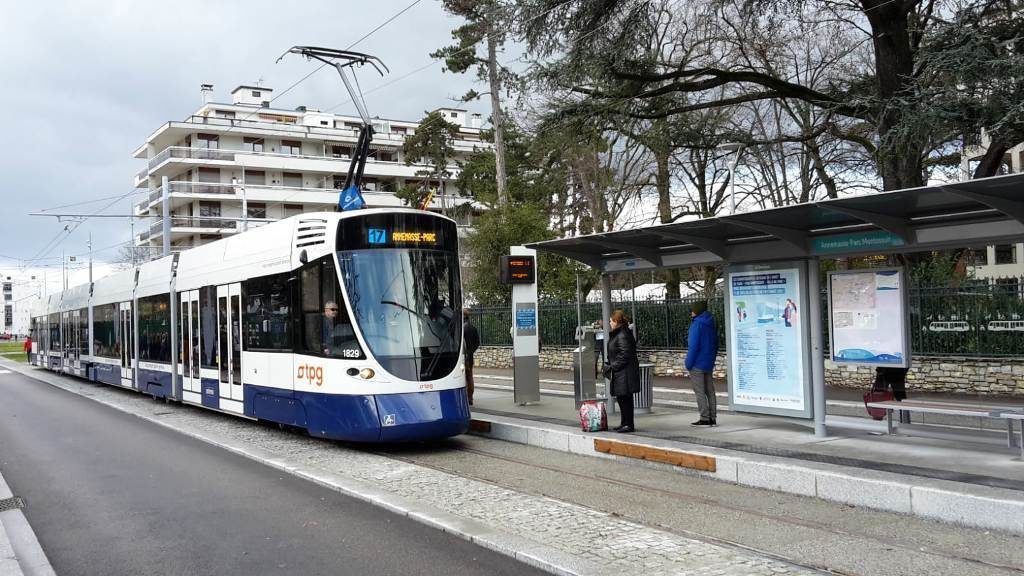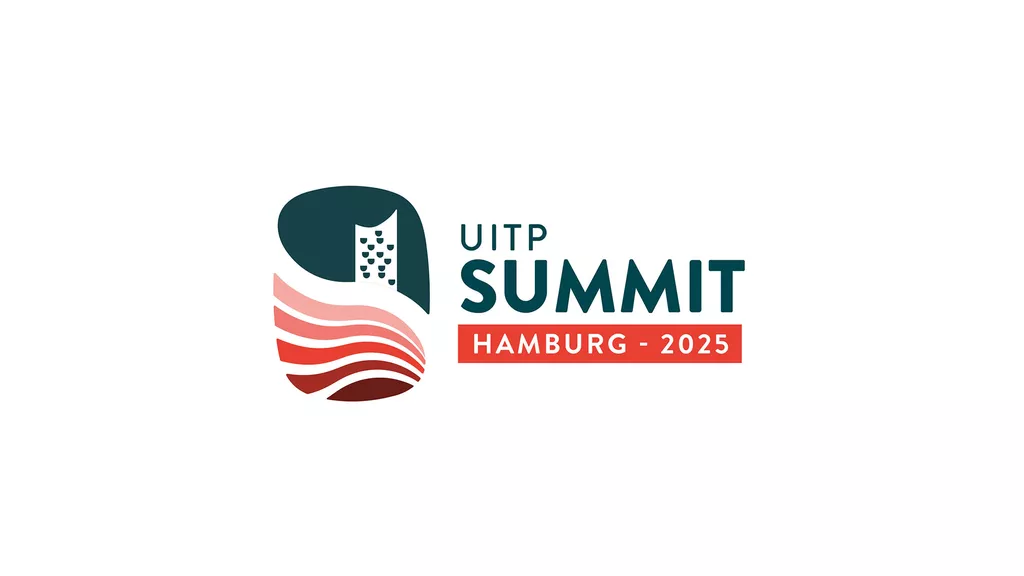
UITP and DG REGIO discuss main challenges to cross-border public transport
for developing border regions
With about 30% of the EU population living across internal border regions, local cross-border public transport services provide vital sustainable mobility solutions and facilitate cross-border activities central to the socio-economic development of border regions.
On February 2, UITP and the European Commission’s Directorate-General for Urban and Regional Policy (DG REGIO) organised a joint digital event on the latest state of play of local cross-border public transport provision. The objective was to discuss obstacles, challenges as well as funding opportunities for local cross-border public transport service provision.
DG REGIO presented its recent study offering an inventory of cross-border public transport services and identifying the obstacles to cross-border public transport provision from legal and administrative constraints to technical issues. Moreover, the study contains a set of 31 case studies detailing selected cross-border public transport services, as well as a toolbox indicating possible ways forward to overcome the obstacles in mention. An interactive map is also available providing an overview of existing cross-border public transport.
In the following panel discussion, public transport operators and stakeholders had the opportunity to dive deeper into the main theme and showcase their experience with local cross-border public transport ecosystem. Many projects are currently in development to improve cross-mobility at the local level yet clear obstacles and lack of coordination and political willingness have been identified as major issues to achieve some of the deliverables.
Developing cross-border public transport services is truly beneficial for leading the development of border regions that offer sustainable mobility solutions to citizens. Everyone needs to get to work, school or leisure – the best way to do this is by collective modes of green transport. In the longer hault, this will also make those regions more attractive to live and work at.
Joint collaboration with DG REGIO
DG REGIO has shown a clear willingness to cooperate on actions to promote cross-border public transport. Particular attention will be paid to local cross-border proximity. It is not only about long-distance or transnational connections.
A wide range of financial/non-financial tools are available from the European Commission to take cross-border public transport projects from idea to implementation. For further details, please visit the Border Focal Point Network.
Following the event, UITP is planning to continue collaborating with DG REGIO on the cross-border transport matters and provide support to public transport operators and authorities interested in getting engaged.
Contact
UITP














